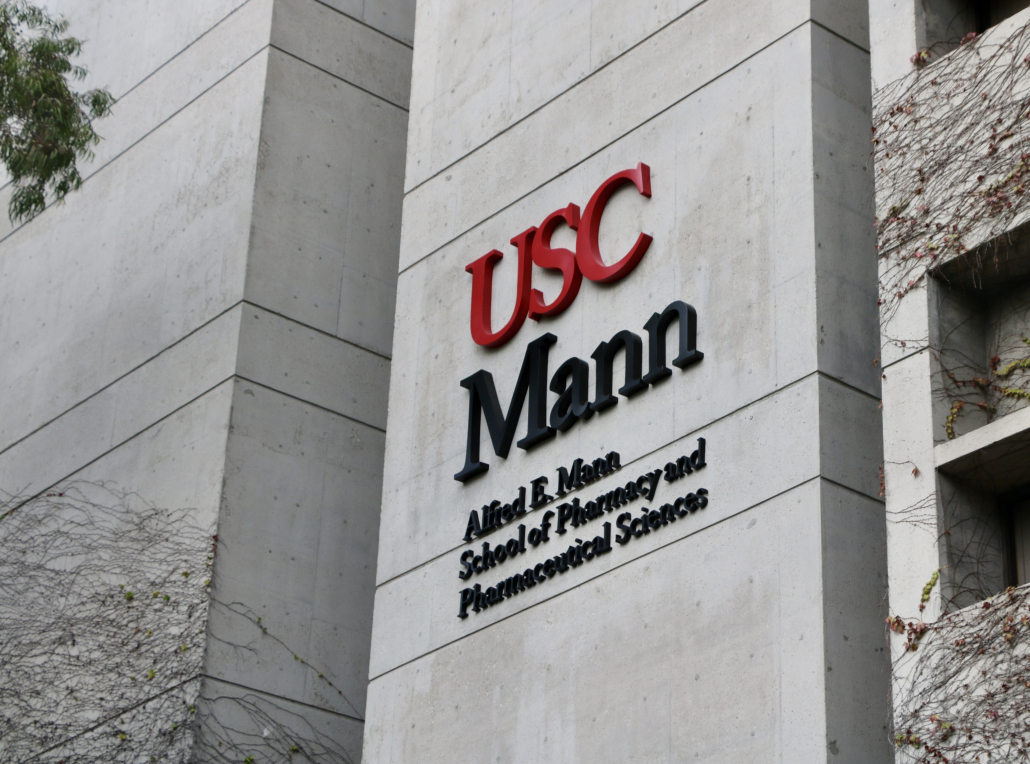Student Health revives naloxone distribution program

Student Health is partnering with a student-led chapter of the Mann School of Pharmacy and Pharmaceutical Sciences to host NaloxoneSC, a weekly naloxone distribution program that aims to combat the nation’s ongoing fentanyl crisis, said Chief Health Officer Dr. Sarah Van Orman in a briefing with the Daily Trojan Tuesday.
Naloxone, notably sold under the brand name NARCAN, is a nasal spray designed to reverse the effects of opioids in the event of an overdose. Fentanyl overdoses, in particular, usually occur by accident because the drug is used to adulterate other drugs — like cocaine, oxycodone or hydrocodone — without the consumer’s knowledge.
“We want students to be aware that, if they are choosing to use those kinds of drugs that are being procured, whether it be cocaine or [anything] else, that they should really be testing any drugs for fentanyl before they use them,” Van Orman said. “I encourage those individuals as well to become familiar with … Naloxone, to be comfortable using it — because they might be able to respond in an emergency and really save somebody’s life.”
Data on campus drug use has not been updated consistently since the pandemic, but Van Orman said she estimates that around 5% to 10% of undergraduates are using cocaine, ecstasy or other opioids without prescription.
“That’s a small number, but it’s not zero,” Van Orman said. “We know that in certain houses or communities, that number might be much higher.”
Van Orman said there have been instances where students survived fentanyl-related overdoses, but there have also been a number of deaths from fentanyl-related overdoses among students.
“While the numbers are small … The consequence is so high from this, that a single death is really a tragedy, and we want to try to prevent every one,” Van Orman said. “We want to let students know that there is access to treatment.”
While instances of overdosing are more likely to occur among students who have an opioid addiction, Van Orman said that accidental overdoses can occur even to students who are occasional drug users.
“It only takes one use if that drug is adulterated with fentanyl to unfortunately have a deadly outcome,” Van Orman said. “So it is really important for any student to be aware of and part of their decision making around if they’re choosing to use drugs that are not prescribed to them.”
Naloxone kits will be available for pickup every Wednesday through April 5 at the Trojan Farmers Market in McCarthy Quad. Kits will include naloxone as well as test strips to detect the presence of fentanyl in drugs. Students can pick up a kit after watching a 10-minute training video, completing a short quiz and signing an attestation form. Pharmacy students will also be available via Zoom to answer questions.
Student Health also has counseling and mental health resources available through their partnership with The Haven, an outpatient substance treatment program with a location on campus.
Coronavirus cases on campus amounted to 30 new cases last week. Student Health will continue to reevaluate the vaccine policy for the Fall 2023 semester. As of now, Van Orman said she recommends staying up to date with vaccinations.
“We’re continuing to support people with the same messages, which are: Test if you get sick we still have all of our testing available, and then make sure that you are up to date on your vaccines,” Van Orman said. “We are — here on campus and in our community — entering a new phase in the pandemic … recognizing that the virus is staying with us, but we have the tools to manage it.”

